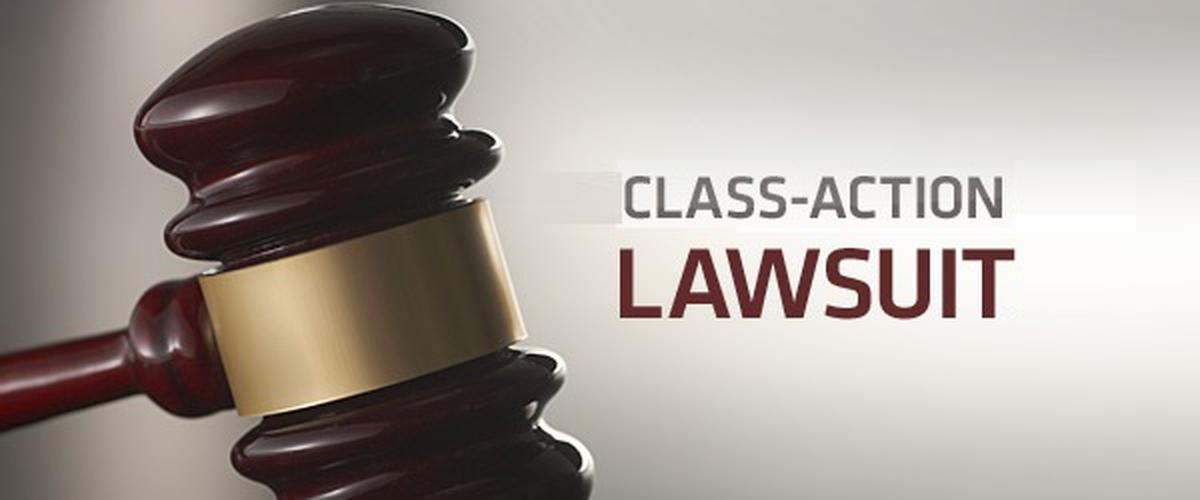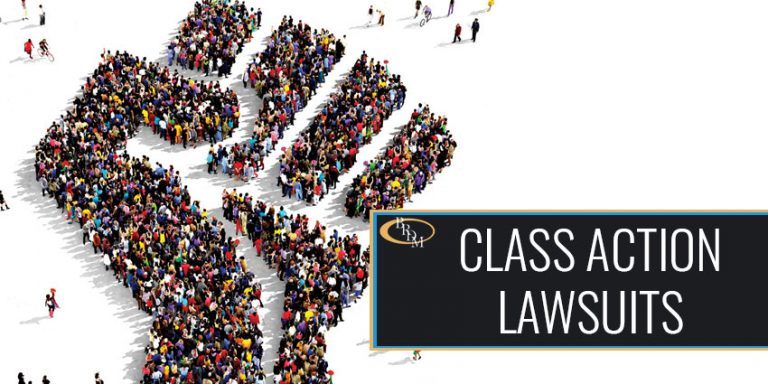Debunking Course Action Suits: A Closer Appearance at Lawful Procedures
Class action legal actions can be complex and intimidating, typically shrouded in a veil of enigma for those not familiar with the lawful procedures involved. Getting a deeper understanding of these legal actions is important, as they serve as an effective tool for people to seek justice and hold companies accountable. In this conversation, we will debunk class activity suits, taking a closer check out the various facets of the legal process. From understanding the standards for course activity eligibility to the duty of class agents, and from the procedure of class certification to the resolution of these suits, we will untangle the complexities and clarified the inner operations of this legal device. Allow's dive right into the world of class action legal actions and discover the complexities that exist under the surface area.
Comprehending Course Activity Legal Actions
Understanding Class Action Claim needs a thorough exam of the lawful process associated with collective litigation. Class action suits are a kind of lawful activity where a team of people with comparable cases or grievances collaborate to start a legal action versus an usual defendant. This form of litigation permits people with limited resources to collectively look for justice, as it incorporates the toughness of numerous specific insurance claims into a single lawsuit.
The process starts with the recognition of a lead plaintiff or course agent who files the first problem on behalf of the whole course. The court then identifies whether the case fulfills the demands for class certification, that include commonality, numerosity, typicality, and adequacy of depiction. If accredited, the court notifies potential course members, giving them a possibility to opt-out if they want to seek their insurance claims individually.
As soon as the course is certified, the lawsuits continues through numerous stages, including exploration, motion practice, and, if needed, trial. The outcome of the legal action can result in a negotiation or a judgment, which is binding on all class members unless they choose to opt-out. Course activity claims can encompass a vast array of legal issues, such as customer protection, securities fraud, work discrimination, and environmental harm.
Comprehending the nuances of course activity legal actions is crucial for both plaintiffs and defendants associated with cumulative litigation. It requires an extensive understanding of the legal demands for accreditation, the civil liberties and commitments of class participants, and the prospective advantages and threats linked with protecting or pursuing versus course activity claims.
Identifying Class Action Qualification
To establish whether a lawful action qualifies as a class action suit, certain standards have to be met. These criteria are developed to guarantee that the situation can properly represent the rate of interests of a huge team of individuals who have experienced comparable injury or have actually been impacted by the exact same problem. The essential consider recognizing class activity qualification is the existence of an usual question or problem that impacts all potential course members.
Firstly, a course activity legal action requires numerosity, which means there should be a considerable variety of possible course participants entailed. This guarantees that a class action is an efficient way to fix the cases of a huge team of individuals, instead than having everyone file an individual lawsuit.
Second of all, there have to be commonness among the insurance claims of the potential course members. This indicates that there need to be a typical question of regulation or truth that is central to the instance. If each prospective class participant's insurance claim is unique and unconnected to the others, a course action might not be suitable.

The Role of Course Rep
Course representatives play a critical role in class activity legal actions by representing the rate of interests of the whole course. These individuals are selected from within the class to work as the general public face of the suit and are accountable for making choices in behalf of all class members. The function of course reps entails various obligations and obligations throughout the lawful proceedings.
One of the primary obligations of class agents is to give information and assistance to their fellow class members. They act as a point of get in touch with and interaction in between the course members and the attorneys representing them. This includes keeping the class members notified around crucial updates, addressing their inquiries, and addressing any issues they may have.
Class representatives also have the duty to actively participate in the lawsuits procedure (Archer-Daniels-Midland class action lawsuit). This involves working closely with the lawyers to establish legal strategies, collecting evidence, and providing testimony if essential. They need to be actively involved in all facets of the situation to guarantee that the very best passions of the whole course are stood for
Additionally, class reps are in charge of approving negotiations or other resolutions gotten to in the suit. They must meticulously evaluate the regards to the settlement and choose that is in the best rate of interest of the entire class. top article This decision-making procedure needs careful factor to consider and assessment with the course members.
The Refine of Course Accreditation
The procedure of accrediting a course in a class activity lawsuit includes an extensive evaluation of certain criteria to figure out if the instance satisfies the needed requirements for class qualification. Class accreditation is a critical step in the lawsuits procedure as it identifies whether a legal action can continue as a class activity, permitting a big team of people with similar insurance claims to be stood for collectively by one or a couple of individuals.
To get class accreditation, the complainant should show that the recommended class satisfies specific requirements. These requirements generally consist of numerosity, commonness, typicality, and adequacy of representation. Numerosity needs that the course is so huge that joinder click site of all members is impractical. Commonness requires that there are concerns of legislation or truth usual to the class members. Typicality requires that the claims or defenses of the class representatives are common of those of the course. Adequacy of representation makes sure that the course agents will relatively and adequately safeguard the interests of the class.
The court will scrutinize these standards and the complainant's evidence to identify if the proposed course fulfills the essential needs. The court might additionally think about other elements, such as whether a class action is the superior approach to fix the dispute and whether the class is sufficiently cohesive.

As soon as the court gives class qualification, the claim can continue as a class action, enabling the plaintiffs to collectively seek relief and potentially receive a judgment or negotiation that benefits the entire class.
Handling Class Activity Lawsuits
When course accreditation has been granted, the following step in dealing with a course activity lawsuit is to browse the process of lawsuits or settlement arrangements. Lawsuits describes the legal proceedings in court, where the complainant's attorney offers evidence and debates to support their claims, and the accused's attorney counters with their very own evidence and arguments. This procedure can include various phases, such as pretrial motions, exploration, and trial. Throughout pretrial movements, both events may submit movements to disregard the situation or slim down the problems in opinion. Discovery permits each side to gather proof and information from the various other party via methods such as paper interrogatories, demands, and depositions. If the situation continues to trial, both celebrations offer their case prior to a judge or jury, that will after that decide the end result.
On the various other hand, settlement arrangements involve conversations between the parties to reach a mutually appropriate resolution without going to test. Future FinTech class action lawsuit. Negotiation provides might be made at any stage of the litigation procedure, and if both events concur, a negotiation contract is reached. This agreement commonly lays out the terms of the negotiation, consisting of any type of monetary compensation, injunctive alleviation, or various other treatments. When the settlement is finalized, it is offered to the court for authorization.
Conclusion
Finally, course activity suits play an important role in providing justice and settlement to big groups of people who have actually been hurt by the same entity. By certifying a class and appointing course representatives, the legal procedure comes to be much more easily accessible and efficient for the complainants. Handling these legal actions can be a complicated and extensive process, yet it is vital in holding firms responsible for their activities and this post guaranteeing reasonable outcomes for all impacted events.
From understanding the requirements for course action qualification to the duty of class agents, and from the procedure of class accreditation to the resolution of these lawsuits, we will unwind the intricacies and dropped light on the internal workings of this legal device. The vital element in determining course action eligibility is the existence of an usual inquiry or issue that impacts all possible course members.
If each prospective course participant's claim is unconnected and unique to the others, a class activity might not be appropriate.
Class agents play an essential function in course activity lawsuits by representing the rate of interests of the entire class.Once course qualification has actually been granted, the next step in solving a course activity legal action is to browse the process of litigation or settlement arrangements.